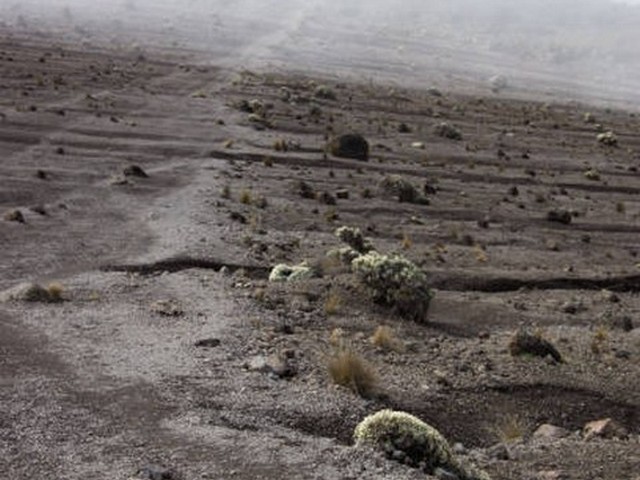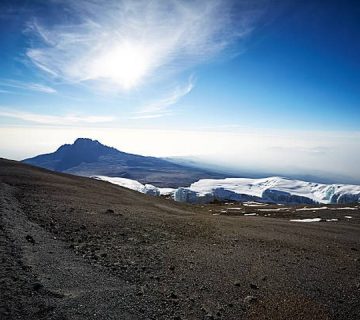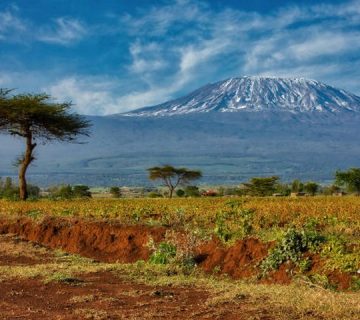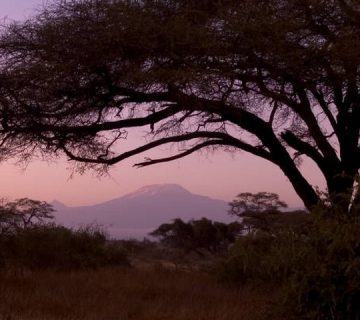Ethical Kilimanjaro Trekking For Socially Conscious Travellers
Welcome to the breathtaking world of Mount Kilimanjaro, where the earth touches the sky and the heart connects with the soul. At Kilimanjaro Centre for Trekking and Ecotourism (KCTE), we believe in more than just guiding adventurers to the summit; we believe in trekking with purpose, responsibility, and respect for nature and local communities. If you’re a socially conscious traveler, this guide is crafted just for you, detailing how you can enjoy an ethical Kilimanjaro trek that harmonizes adventure with altruism.
Why Choose Ethical Trekking?
Ethical trekking is about ensuring that your journey contributes positively to the environment and the people who call these majestic landscapes home. It’s about preserving the natural beauty and cultural heritage of Kilimanjaro for future generations while providing fair and beneficial opportunities to local communities.
Preserving the Natural Environment
Mount Kilimanjaro is not just an iconic mountain; it’s an ecosystem rich with diverse flora and fauna. Ethical trekking means minimizing our ecological footprint, from reducing waste to adhering to designated trails to prevent soil erosion and disturbance to wildlife.
Supporting Local Communities
Ethical trekking also involves uplifting the local communities. This goes beyond merely hiring local guides and porters; it encompasses paying fair wages, providing proper training, and ensuring that their rights and wellbeing are prioritized every step of the way.
How KCTE Promotes Ethical Trekking
At KCTE, our ethical trekking practices are at the core of every expedition. Here’s how we make a difference:
Sustainable Practices
Our operations are designed to be sustainable. We use solar energy in our camps, enforce strict leave-no-trace principles, and continuously work on reducing our carbon footprint.
Fair Employment Practices
We are proud to hire locals, not just as a helping hand but as leaders and ambassadors of their culture. We ensure fair wages, provide health insurance, and invest in continuous education and training.
Community Projects
A portion of our trek fees goes directly into community projects. Whether it’s building schools, supporting local orphanages, or funding water purification systems, your trek helps fuel these initiatives.
Planning Your Ethical Kilimanjaro Trek
Embarking on an ethical Kilimanjaro trek requires thoughtful preparation. Here’s how you can plan your adventure with KCTE.
Choose the Right Route
Kilimanjaro offers several routes, and each has its unique charm and challenges. From the scenic but challenging Machame route to the less traveled Shira plateau, we can help you pick a route that matches your fitness level and ethical trekking aspirations.
Best Time to Trek
The best times to trek Kilimanjaro are during the dry seasons: January to mid-March and June to October. These periods offer the best mountain visibility and the least precipitation, making your trek both enjoyable and safer.
Packing Essentials
Packing right is crucial. You’ll need proper gear that withstands Kilimanjaro’s varying climates. Equally important is ensuring that your gear is eco-friendly—biodegradable products, reusable water bottles, and energy-efficient devices are all recommended.
Stories From the Summit
Hear from those who’ve embraced the ethical trekking journey with KCTE. From awe-inspiring sunrises above the clouds to heartfelt interactions with local guides, these stories are sure to inspire your own trek.
John Doe’s Journey
“Climbing Kilimanjaro was always a dream, but doing it ethically made it unforgettable. Knowing that our journey supported the local community made every step feel that much more significant.”
Jane Smith’s Reflections
“It was not just a physical journey but an emotional and spiritual one. The KCTE team not only prepared us for the climb but also educated us on the local culture and environmental conservation efforts. It’s a complete experience!”
Join Us
Ready to take the step? Join us at Kilimanjaro Centre for Trekking and Ecotourism for an unforgettable and impactful adventure. Let’s make your dream of conquering Kilimanjaro a reality, ethically. Book your Kilimanjaro climbing adventure with KCTE today!
Frequently Asked Questions
What makes KCTE different from other trekking companies?
KCTE focuses on ethical and sustainable trekking practices, emphasizing environmental conservation and community benefits, ensuring that our tours support local employment and cultural preservation.
How difficult is climbing Kilimanjaro?
Climbing Kilimanjaro is considered a moderate to challenging trek, depending on the route. No technical climbing skills are required, but good physical health and proper acclimatization are crucial.
What should I bring for an ethical trek?
Focus on eco-friendly and sustainable gear. Think reusable water bottles, solar chargers, biodegradable soaps, and durable hiking gear that can withstand multiple treks.
How does KCTE support local communities?
KCTE invests in community projects, provides fair wages and training for all local employees, and encourages cultural exchanges that respect and honor local traditions and practices.
Conclusion
Ethical Kilimanjaro trekking is not just about reaching the summit; it’s about making a positive impact on both the environment and the local communities. At Kilimanjaro Centre for Trekking and Ecotourism, we provide a trekking experience that’s as rewarding as it is breathtaking. Join us, and be part of a journey that cherishes the mountain, respects the people, and celebrates the spirit of adventure. Book your journey with KCTE now and take the first step towards an ethical and unforgettable adventure!




